Finding the exact formula is a long and complicated path known to Blake Dinkin, who for a decade worked hard to develop a process to achieve a quality coffee from beans ingested and defecated by an elephant, and which is the most expensive in the world.
“When I first tasted the coffee from the first experiment, in February 2003, I knew exactly what an elephant tastes and smells like with the first sip. It was horrible,” recalls Dinkin, who despite his unpleasant experience persevered in his attempt.
The Canadian entrepreneur, a connoisseur of the coffee industry after working on civet coffee projects in Ethiopia, embarked on a quest to apply his knowledge and create a “more sustainable industry that brings a benefit to society” while investigating the possibility of using other animals.
“That’s when I heard that in times of drought, elephants come out of the jungle and into coffee plantations in search of food. This creates a conflict with farmers and many animals die of poisoning,” says the entrepreneur.
Over the course of ten years and after traveling around the world, the entrepreneur settled in Thailand where he now bases his production in the village of Ban Ta Klang, in the eastern province of Surin, of his brand known as Black Ivory.
“I thought it was going to be easy: give the elephant some berries to eat, let them come out, clean them and dry them, but it wasn’t like that. It was much more complicated, it wasn’t until 2011 that I found a result that I was satisfied with and I worked even harder to improve it. There are people who have tried to copy me, but everyone stops within a few weeks,” says Dinkin.
In 2012, the entrepreneur began collaborating with the Golden Triangle Foundation in northern Thailand, but “there the animals are treated very well, they have a good life, a feast every day” so in 2016 he moved his operations to Surin where “families live with elephants based on their traditions”.
In Ban Ta Klang, an impoverished hamlet that bases its economy on rice cultivation, there are about 300 elephants used in agriculture and tourism.
Black Ivory Coffee aka Elephant Dung Coffee is the most expensive coffee in the world and is sold for $50 a cup in luxury hotels. The beans are consumed by elephants, partially broken down by digestive enzymes and ultimately picked out of their dung. Would you try a cup? pic.twitter.com/S4lYQWfWH6
— 💯 Cary Kelly 💯 (@CaryKelly11) December 2, 2022
It is the families who pick one by one the coffee beans found in the dung of the pachyderms in exchange for the payment of 350 baht (10.5 dollars or 9.7 euros) per kilo.
“It’s a decent amount they can earn in less than an hour’s work if you compare it to the 7 baht (21 US cents or 19 euro cents) per kilo they get from picking the beans in the mountains,” says the Canadian, noting that it pays more than the minimum daily wage (350 baht) in Thailand.
Mixed in with rice, fruit and other vegetables, the elephants consume an amount of coffee berries that makes up less than 1% of their daily diet.
“The enzymes in the stomach eliminate the proteins responsible for the bitterness of the coffee, and the marinated berries with fruit juice and other herbs that ferment in the belly create a sweeter and more pleasant taste with fruity aromas,” says the manager, who guarantees that the product is completely clean.
For every 33 kilos of coffee beans consumed by the elephants, Dinkin only recovers one, since most of them are lost while walking through the jungle, bathing in the river or chewing.
A cup of “Black Ivory” can cost more than 60 dollars and can be tasted in five-star hotels and Michelin-starred restaurants, while more homely palates can purchase the product online.
-Thailand News (TN)





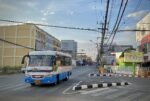






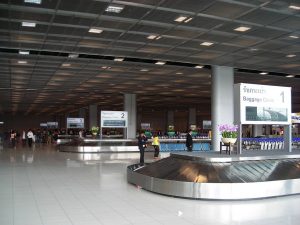
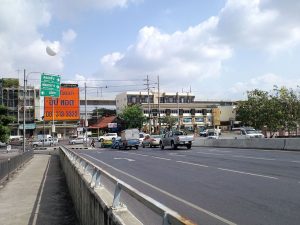
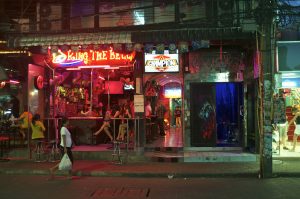
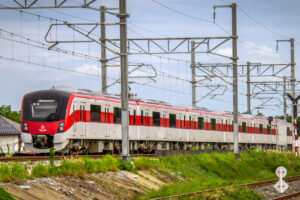

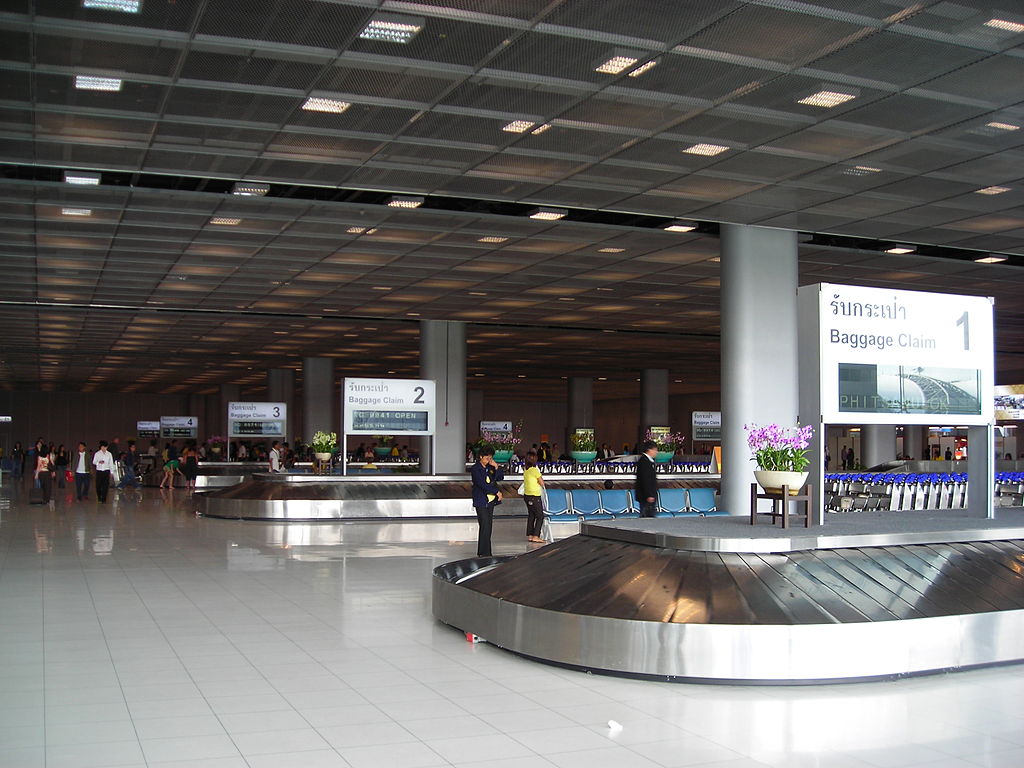
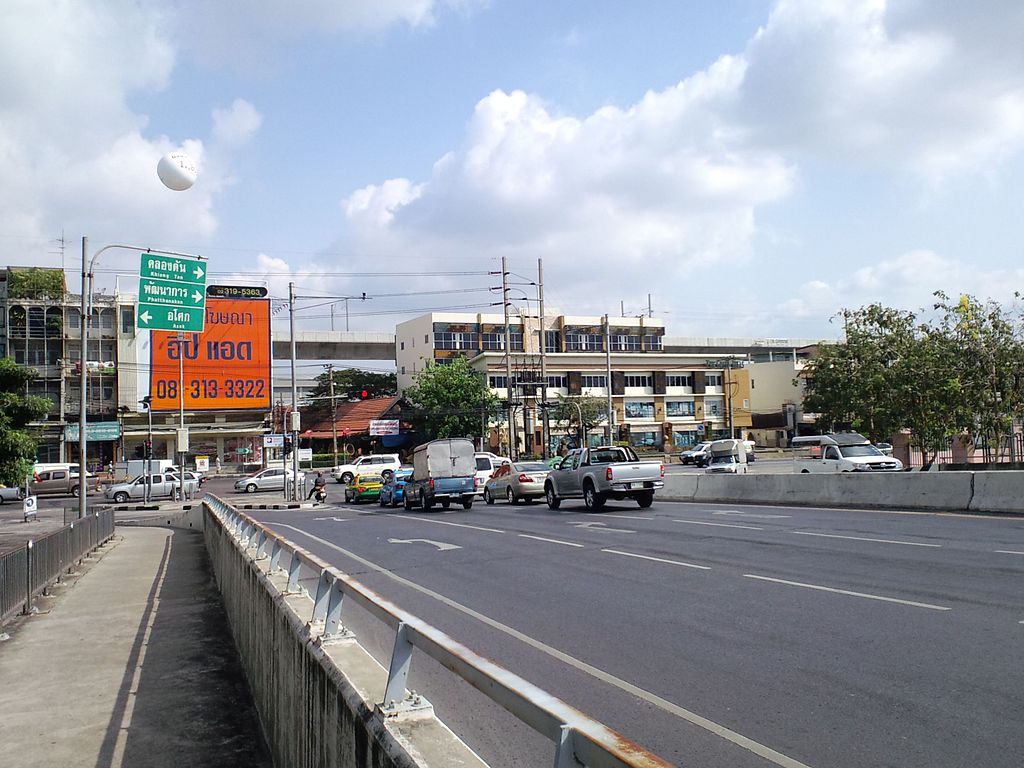

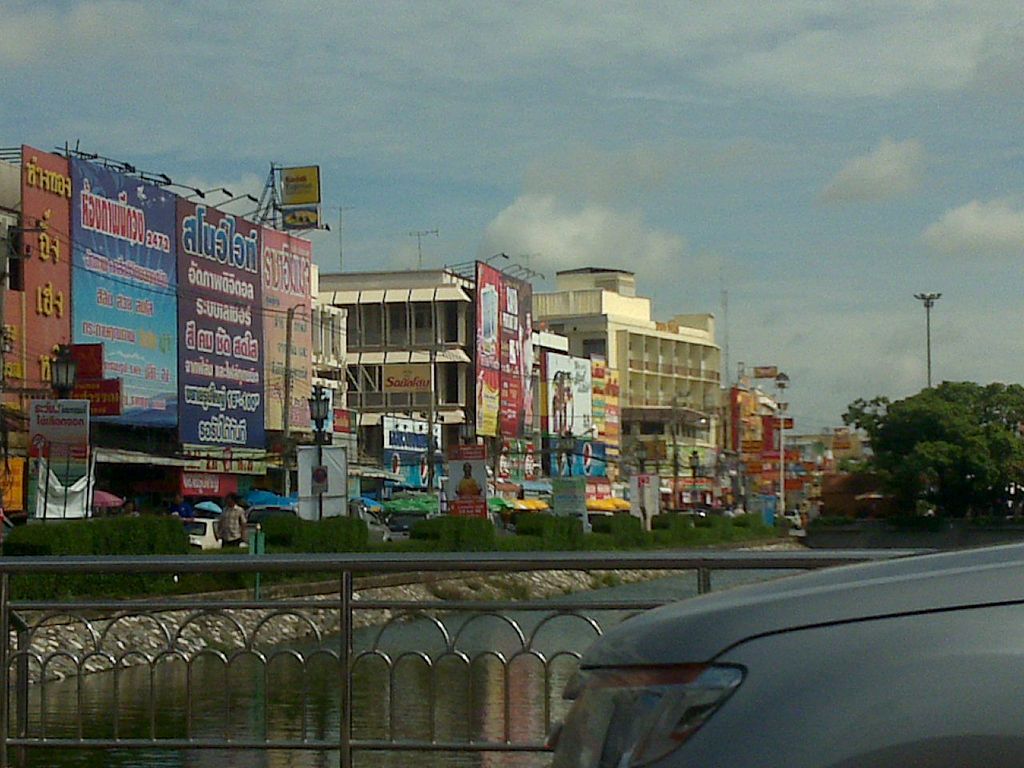

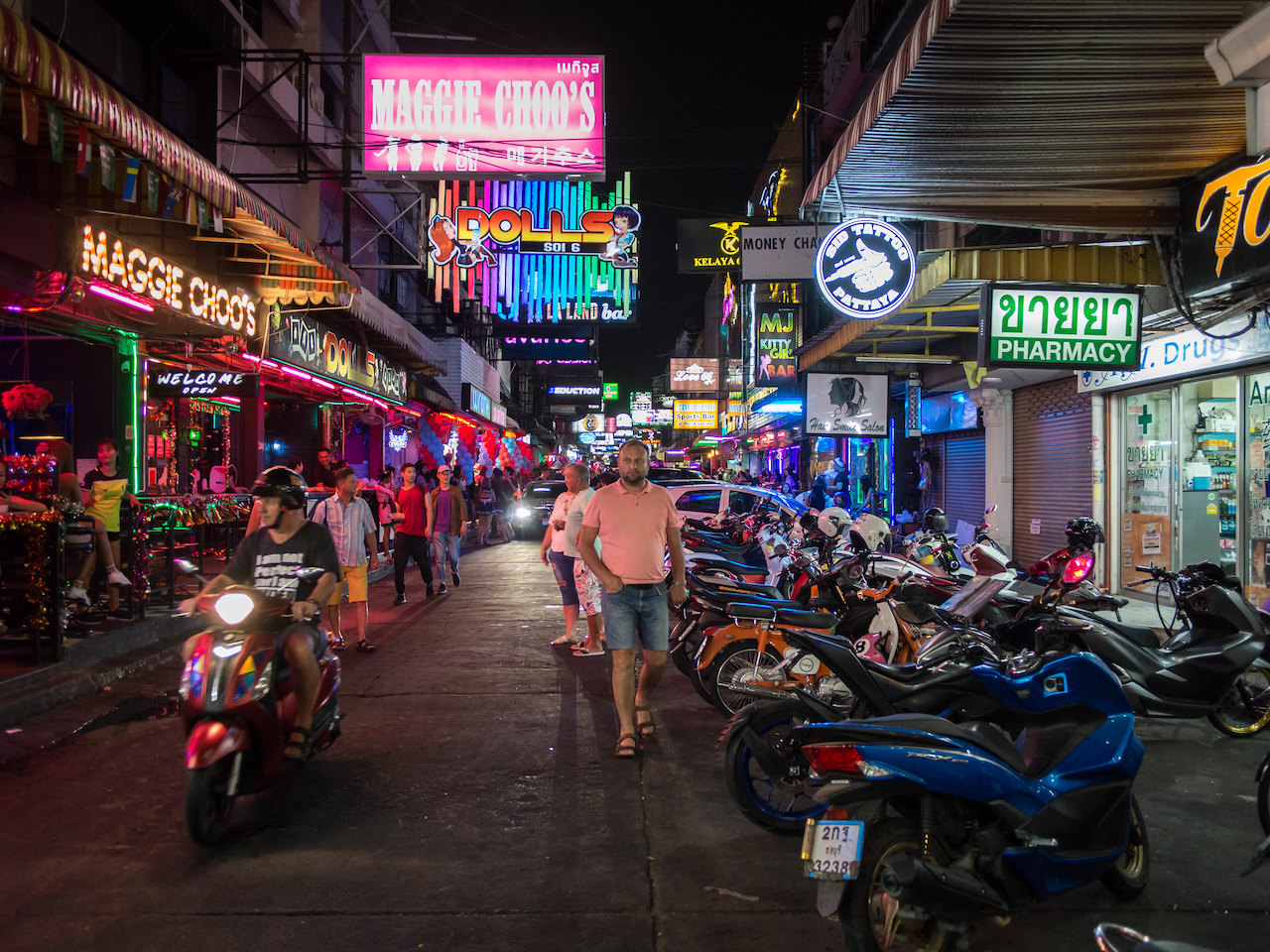
+ There are no comments
Add yours